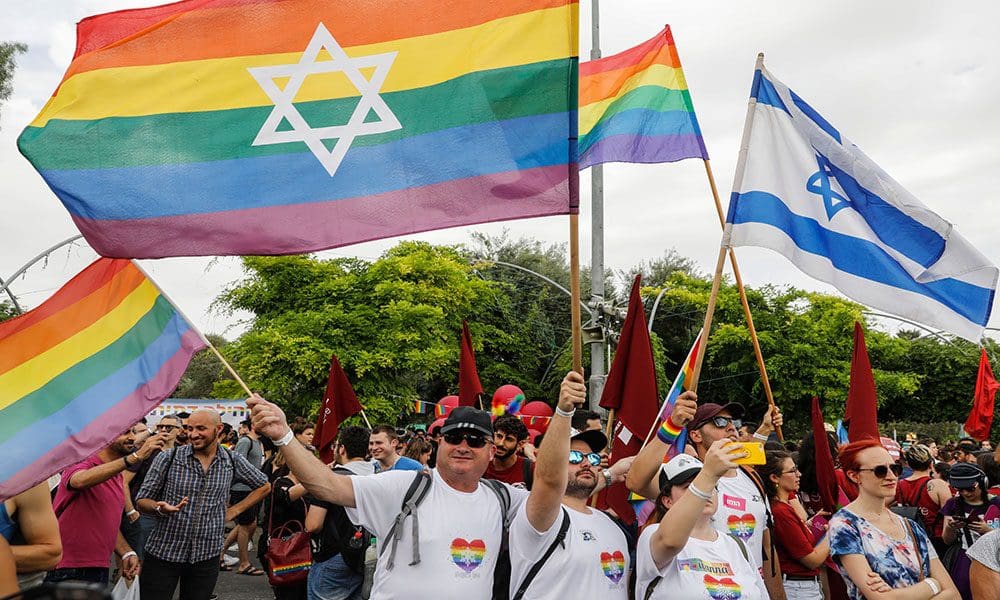
The New York County Supreme Court found that Yeshiva University (YU) was in violation of the city’s human rights laws by denying the YU Pride Alliance recognition and equal accommodations.
Judge Lynn Kolter ordered the university to grant “advantages, facilities, and privileges afforded to all other student groups” to the LGBTQ+ group, rejecting the claims that YU had no obligation to do so because it is a “religious corporation”.
Referring to YU’s own description of itself in its charter, public messaging and applications for state funding proved it is an educational institution, stating that “Yeshiva is either a religious corporation in all matters or it is not”.
Furthermore, Kolter explained that Pride Alliance’s recognition did not violate First Amendment rights because “formal recognition of a student group does not equate to [an] endorsement of that group’s message”.
YU has confirmed it will be appealing the ruling in a statement, saying: “The court’s ruling violates the religious liberty upon which this country was founded.
“The decision permits courts to interfere in the internal affairs of religious schools, hospitals, and other charitable organisations. Any ruling that Yeshiva is not religious is obviously wrong.”
The Pride Alliance chose to take the case to court after repeated denials of recognition by the university’s administration. LGBTQ+ students and alumni have repeatedly said that they often feel like “second-class citizens” on campus.
Support for judge Kolter’s ruling was felt far and wide, with plaintiff and YU graduate Molly Meisels calling the decision “monumental” in a tweet, saying she is “so proud of my fellow plaintiffs”.
Orthodox LGBTQ+ nonprofit Jewish Queer Youth celebrated the news, saying that the “ruling is a victory for human dignity, mental health and safety on campus”.
“We could not be prouder of the heroic plaintiffs and the hundreds of queer Yeshiva students (past and present) who have persevered in making Yeshiva University an even better Jewish institution.”
